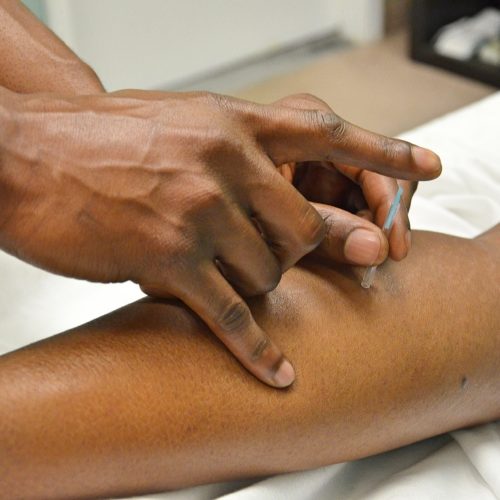There are more than 14,500 drug and alcohol rehabilitation centers in the United States. Even though all rehab centers can potentially help you overcome addiction, not every drug and alcohol treatment center is the same. Let’s explore what the nation’s leading rehabilitation centers have in common.
What to Look For in A Rehab Center
Wide Range of Recovery Services
Addiction is a complicated disease and there’s no one-size-fits-all treatment recovery plan. That’s why leading treatment centers offer a wide range of recovery services and customizable treatment plans. Here at Soba Recovery, we provide detoxification, residential inpatient, partial hospitalization, intensive outpatient, outpatient, sober living, and aftercare services. We also take our clients’ unique addiction challenges and circumstances into account when developing an individualized treatment plan. Many rehab facilities provide therapy, individual counseling, and medication, but leading treatment centers will have a wide variety of recovery services in order to meet your specific recovery needs.
Evidence-Based Treatment Methods
The most successful treatment programs rely on evidence-based treatment methods. This means that leading treatment programs incorporate therapies, peer support methods, sober activities, and lifestyle changes that are effective and backed by years of research and studies. If the treatments have worked for other individuals, the method is more likely to work for you! Some of the most common evidence-based approaches for addiction recovery include:
- Medically supervised detox
- Individual and group counseling
- Behavioral therapies such as cognitive behavioral therapy (CBT), dialectical behavioral therapy (DBT), motivational interviewing (MI), family therapy, contingency management, 12-step facilitation therapy, community reinforcement approach (CRA), and eye movement desensitization and reprocessing (EMDR).
- Lifestyle changes such as exercise and nutrition
- Interactive journaling
A Focus on Underlying Issues
The nation’s leading recovery programs address underlying issues such as mental health challenges, traumatic stress, and emotional and psychological pain. Without addressing these issues, recovering addicts are much more likely to relapse. Underlying issues can be addressed in group or individual counseling, other forms of therapy, or in a dedicated dual diagnosis program that treats mental health and substance use disorders simultaneously.
A Focus on Overall Health
Leading drug and alcohol recovery programs also focus on individuals’ overall health. Truly recovering from drug and alcohol addiction requires so much more than abstinence from addictive substances. You also have to develop healthier habits. The best rehab centers will help you improve your overall health by incorporating physical fitness and a balanced, nutritious diet into your recovery treatment plan. Good rehab centers help you get off drugs, while the best treatment centers will help change your life.
Strong Ongoing & Aftercare Support Options
Recovery doesn’t end when individuals complete a treatment program. That’s why the best recovery centers provide extensive, ongoing support. Some of the most common examples of aftercare support include:
- 12-step programs and peer support groups
- Ongoing counseling and therapy
- Family counseling and education
- Relapse prevention programs
- Outpatient treatment or post-treatment programs
- Sober living homes
- Vocational support
Dedicate, Compassionate, and Licensed Staff
Top-rated treatment programs also have dedicated, compassionate, and licensed staff members. These individuals are the people who will interact with you on a daily basis. They’ll check your vitals, monitor your health, facilitate your therapy, help keep you motivated, assess your progress, and connect you with aftercare, sober living, and vocational support. At Soba Recovery, we employ compassionate staff members that are passionate about helping you obtain long-term recovery.
Receive Treatment at A Leading Recovery Program in Arizona and Texas
At Soba Recovery, we offer a wide range of treatment programs that incorporate a variety of evidence-based treatment methods to help restore individuals’ physical, emotional, and mental health. We also work to resolve any underlying issues that may have contributed to our clients’ addiction challenges. Recovery is possible. We can help you get there. Contact us today if you want to learn more.











